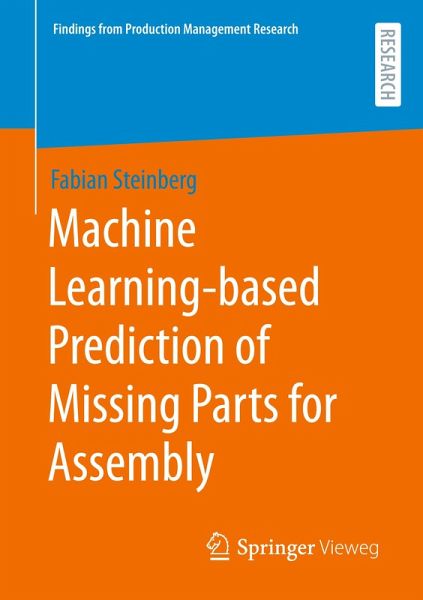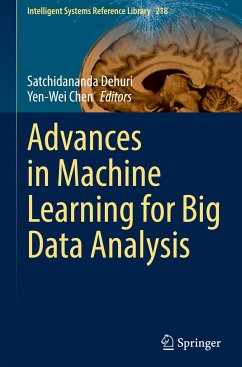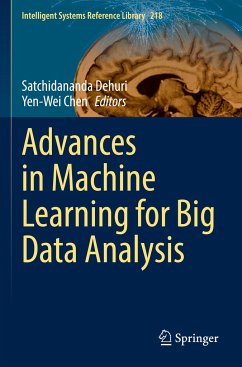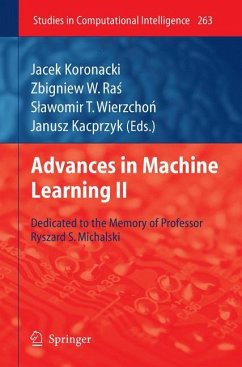
Machine Learning-based Prediction of Missing Parts for Assembly

PAYBACK Punkte
42 °P sammeln!
Manufacturing companies face challenges in managing increasing process complexity while meeting demands for on-time delivery, particularly evident during critical processes like assembly. The early identification of potential missing parts at the beginning assembly emerges as a crucial strategy to uphold delivery commitments. This book embarks on developing machine learning-based prediction models to tackle this challenge. Through a systemic literature review, deficiencies in current predictive methodologies are highlighted, notably the underutilization of material data and a late prediction c...
Manufacturing companies face challenges in managing increasing process complexity while meeting demands for on-time delivery, particularly evident during critical processes like assembly. The early identification of potential missing parts at the beginning assembly emerges as a crucial strategy to uphold delivery commitments. This book embarks on developing machine learning-based prediction models to tackle this challenge. Through a systemic literature review, deficiencies in current predictive methodologies are highlighted, notably the underutilization of material data and a late prediction capability within the procurement process. Through case studies within the machine industry a significant influence of material data on the quality of models predicting missing parts from in-house production was verified. Further, a model for predicting delivery delays in the purchasing process was implemented, which makes it possible to predict potential missing parts from suppliers at the time of ordering. These advancements serve as indispensable tools for production planners and procurement professionals, empowering them to proactively address material availability challenges for assembly operations.












